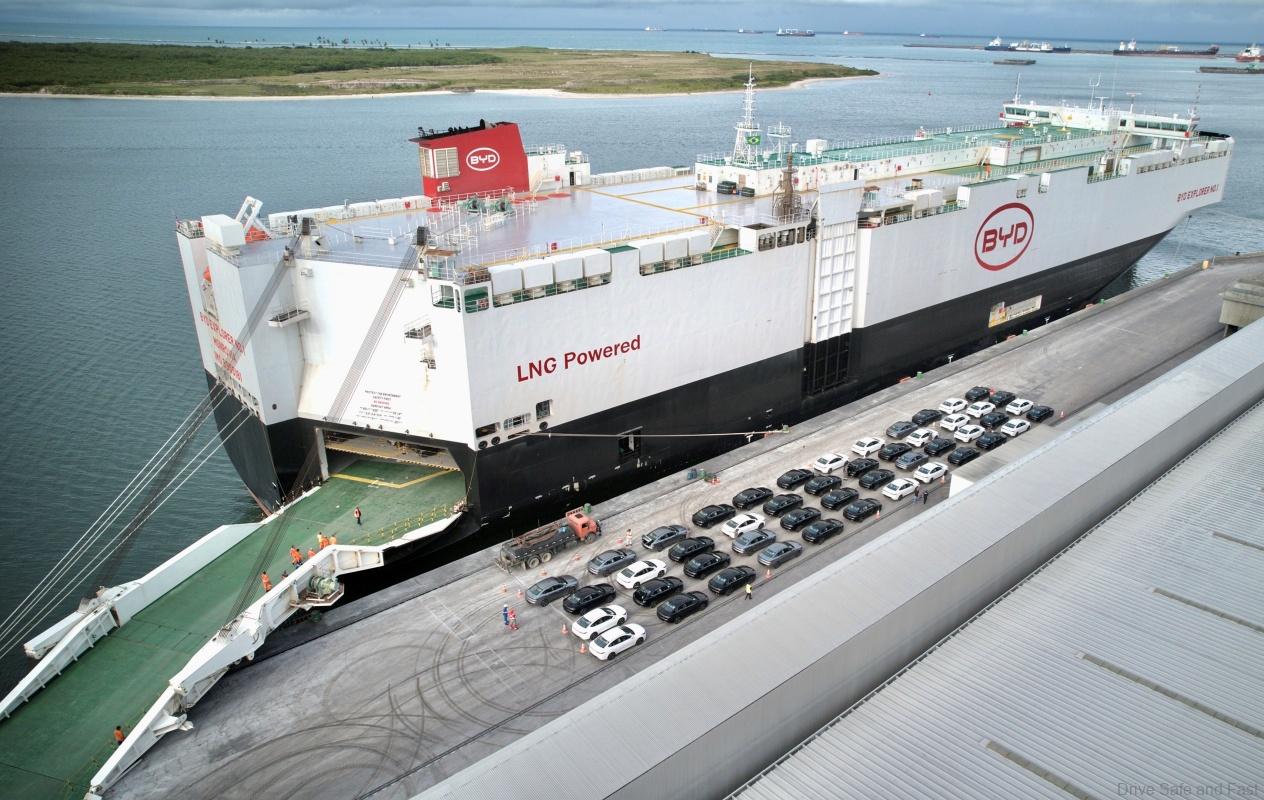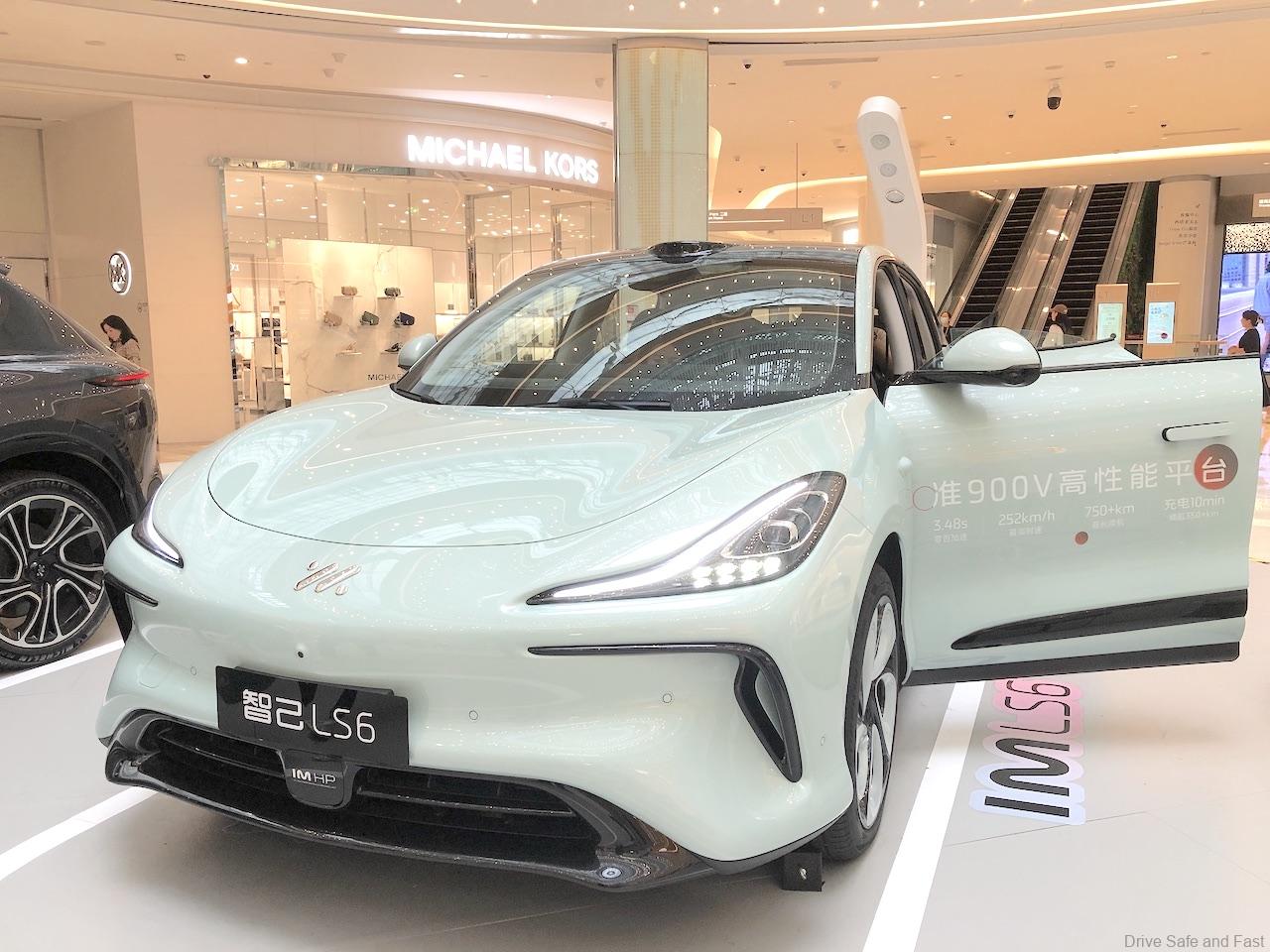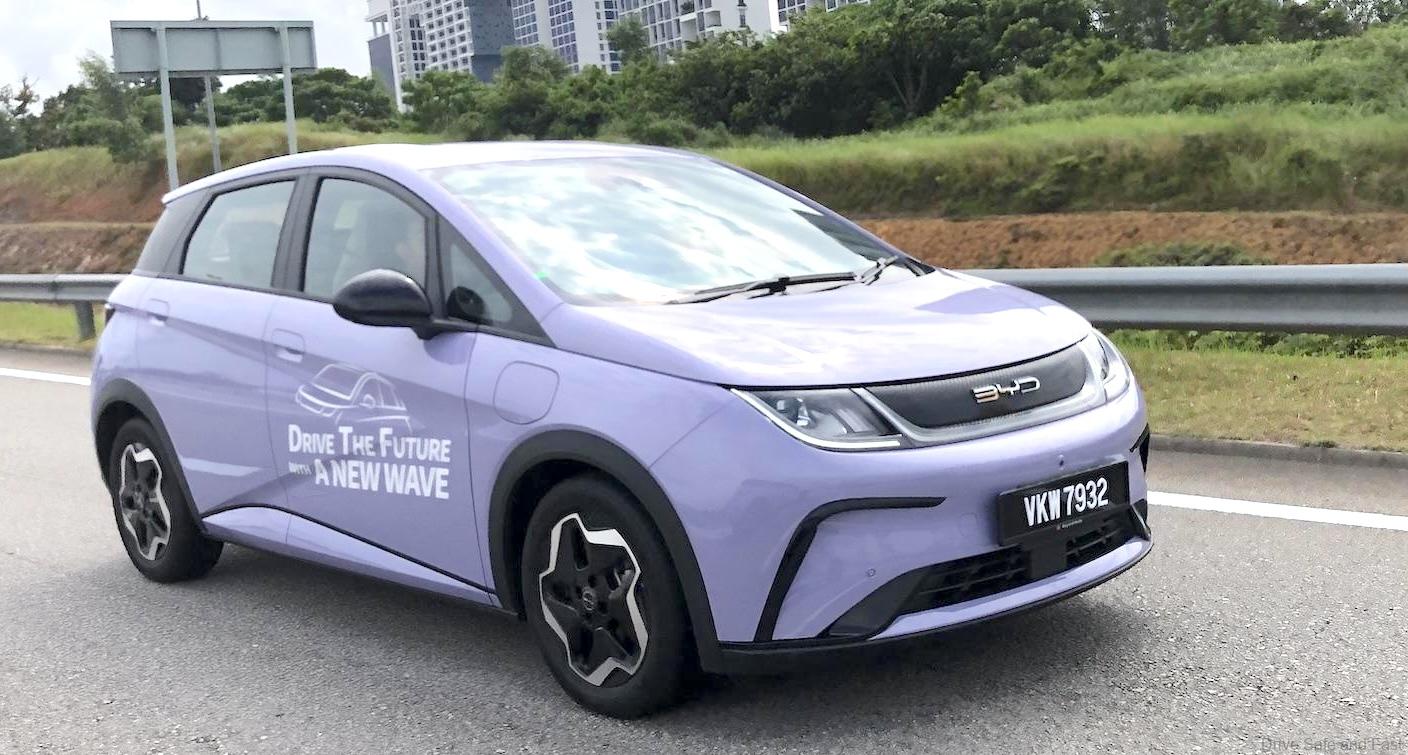EV Tariffs are 38 percent now, but how soon before it is raised to 50 or even 100 percent?
Less than a month after Washington’s announcement that it would be increasing duties for Chinese Electric Vehicles (EVs) to a staggering 100 percent, Brussels swiftly responded with its own strategic manoeuvre. The European capital declared its decisive move to counteract what it deemed as excessive subsidies by imposing additional tariffs.

These tariffs range from anywhere between 17.4 percent to 38.1 percent, a whole lot more than the standard 10 percent car duty. As a result, the highest cumulative tariff now skims close to an alarming 50 percent. We in Malaysia are used to 100 percent or more in tariffs so we may not be as shocked but the EU and U.S customers are definitely very shocked.
Moreover, this pivotal decision, albeit provisional, emerges from a meticulous examination into China’s substantial state backing for EV manufacturers. Triggered by concerns over the artificial deflation of Chinese EV prices due to subsidies, thereby allegedly “harming” European car manufacturers, the European Commission initiated an investigation in October.

The primary objective was to see if there existed an unfair advantage conferred upon Chinese EV makers, thanks to state subsidies and the preliminary findings of the Commission’s investigation resoundingly underscore the detrimental impact of what it terms as “unfair subsidisation” on the EV industry in China.
Apparently this also poses a tangible threat of economic injury to European counterparts, prompting the necessity for decisive action. Well, we all know that China simply offers products at a lower price because it employs cost cutting measures here and there which European carmakers can also do but choose not to so who’s fault is it that Chinese EVs are way cheaper?

On top of that, the proposed individual duties to be imposed upon the three sampled Chinese producers are 17.4 percent for BYD, 20 percent for Geely and 38.1 percent for SAIC. The European Commission has outlined its approach towards other Battery Electric Vehicle (BEV) producers in China.
Those who cooperated in the investigation, yet were not among the sampled entities, would be subject to a weighted average duty of 21 percent. Conversely, BEV producers in China who refrained from participation in the investigation would face a more severe residual duty, set at 38.1 percent.

This multifaceted strategy underscores the European Union’s commitment to fostering fair competition within the EV market. It symbolises a firm stance against what it perceives as distortionary practices that could potentially undermine the integrity of the global automotive industry.


